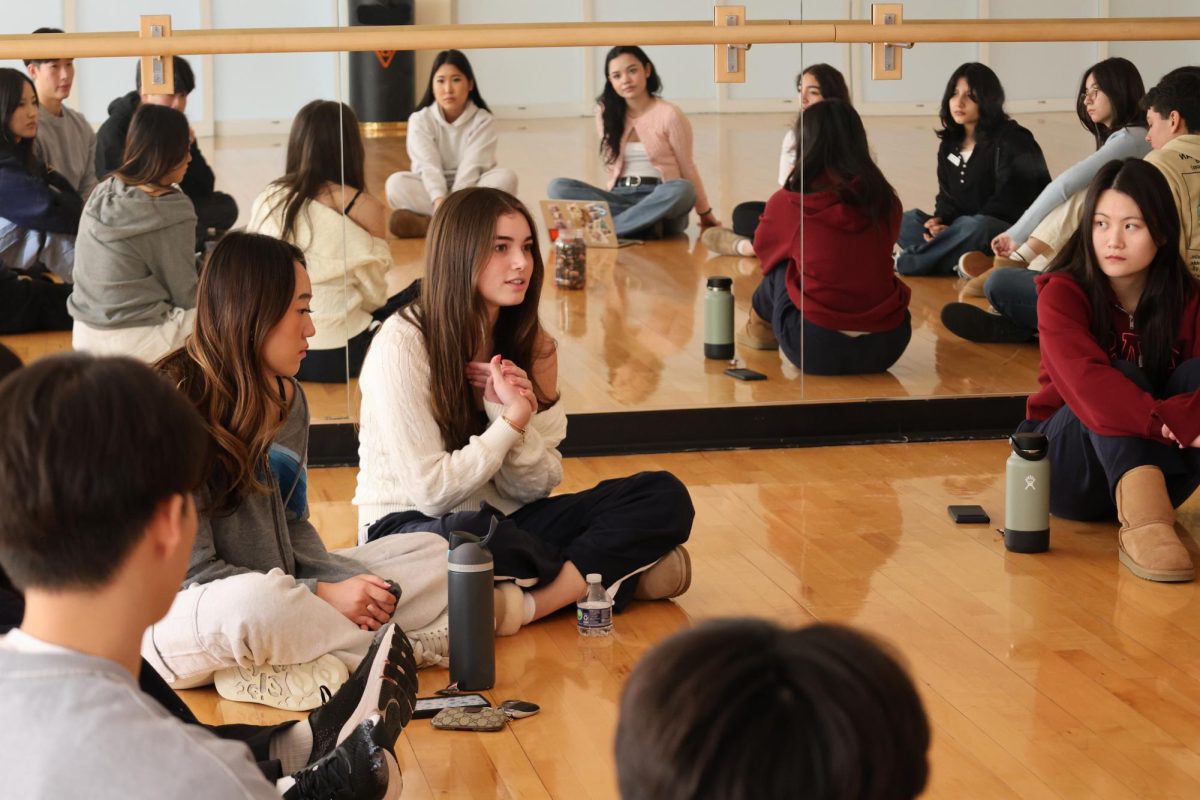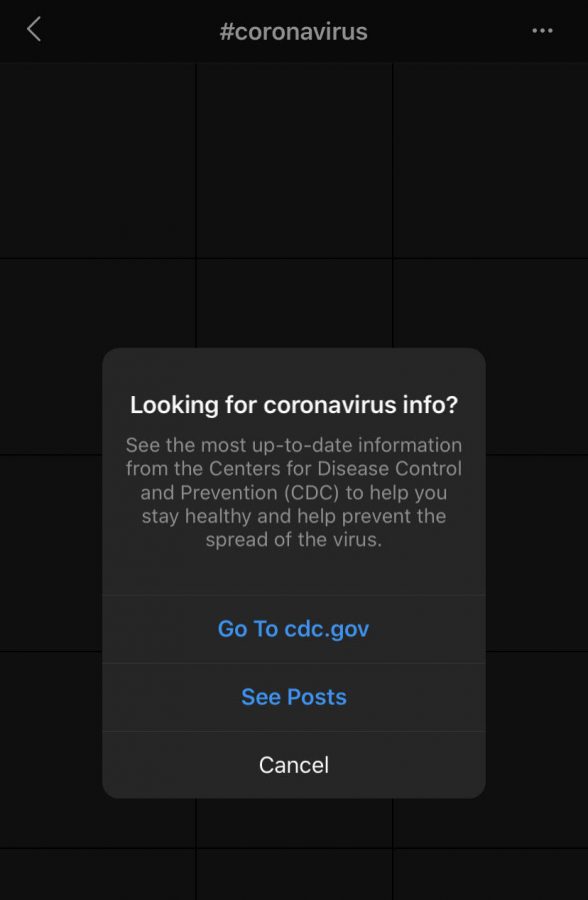Setting the Record Straight: The Harmful Effects of Misconceptions
March 12, 2020
Tightly creased paper masks covering faces from cheekbone to chin, spreading caution instead of coughing. The sight of a face mask, the sound of wheezing or sniffling, the senses being attacked by cold and flu symptoms inciting fear into anyone within the vicinity of the patient turned public enemy.
The symptoms of the recent coronavirus have surpassed physicality and transcended to deadlier conditions – panic, ignorance, and hatred. As the outbreak grows into a possible epidemic, rumors have grown along with it on several forms of media, including instagram, twitter, and facebook In some cases, the virus has been twisted into the object of insensitive jokes on these social platforms, with people of Asian descent often finding themselves as the punchline. The rumors regarding the virus are not simply forms of amusement or comic relief. A prime example of this is one of the memes which surfaced in the LFA community.
A student, by way of an anonymous instagram account, used an unrelated photograph of students and families at a Chinese Lunar New Year event to reference the virus. Not only are they offensive and hurtful to those whose loved ones or whose own lives are being negatively impacted by the virus, but they give way to a different matter of contagion- xenophobia.
Xenophobia, as defined by Merriam-Webster, is “the fear or hatred of strangers or foreigners, something that has a way of manifesting itself in the face of outbreaks or plagues, not necessarily because of accurate origin and blame but rather the lack thereof.” Many xenophobic instances have occurred over the years, not to mention the minor occurrences that regularly impose on the lives of many. The AIDS outbreak which took place in the 1980’s, while a serious issue, also led to numerous jokes, many of which pointed the blame at gay men. This seemingly humorous method of taking on the outbreak led to many homosexual men being denied access to many places, beaten, and killed. These actions were taken in spite of little scientific information supporting that a gay man was patient zero or that homosexuality was even a major factor in the acquisition the disease, which was by no means the reality of the situation.
A similar instance happened again in 2014-2016 during the outbreak of the Ebola virus, and while it was prominent in Africa due to conditions outside of the control of many, those who should have been seen as the victims were treated with unhindered disdain and disgust. When taking into consideration that a simple Google search shows that fewer than 1,000 cases occur in the United States per year, this response put the power of misinformation into perspective. In terms of the coronavirus, there have already been visible consequences to the misconceptions about the sickness. This includes signs barring Chinese patrons from entering businesses and stores run by Chinese people experiencing a drop in revenue.
This begs the question, what’s the truth and what isn’t? Some examples of the falsities being spread are a photo of a woman eating bat soup, claiming that this was the source of the outbreak. In truth, this photo wasn’t even taken in China, rather it was part of a show where the woman in question travels eating exotic and interesting foods. Another “suggestion” was that the best way to avoid the virus is to avoid Chinese people, which, outside of being outright racist, has no correlation to the virus and is instead a piece of advice generated by a false report in Australia.
With all of this fake news circulating, what about the virus is true? The facts, provided by the Centers for Disease Control and Prevention, are that anyone can get sick regardless of race or ethnicity, the risk of getting the virus in the U.S. is low right now, those who have completed quarantine or isolation are not a risk to others, the symptoms are fever, cough, and shortness of breath, and becoming sick can be prevented by taking the same precautionary measures that you would take with the flu or any other sickness.
Outside of posting facts about the virus, the CDC has initiated a partnership with instagram that links coronavirus-related posts to the CDC website. As death rates and rumors rise, it is important to stay germ and xenophobia free, so wash your hands and check your facts.







































